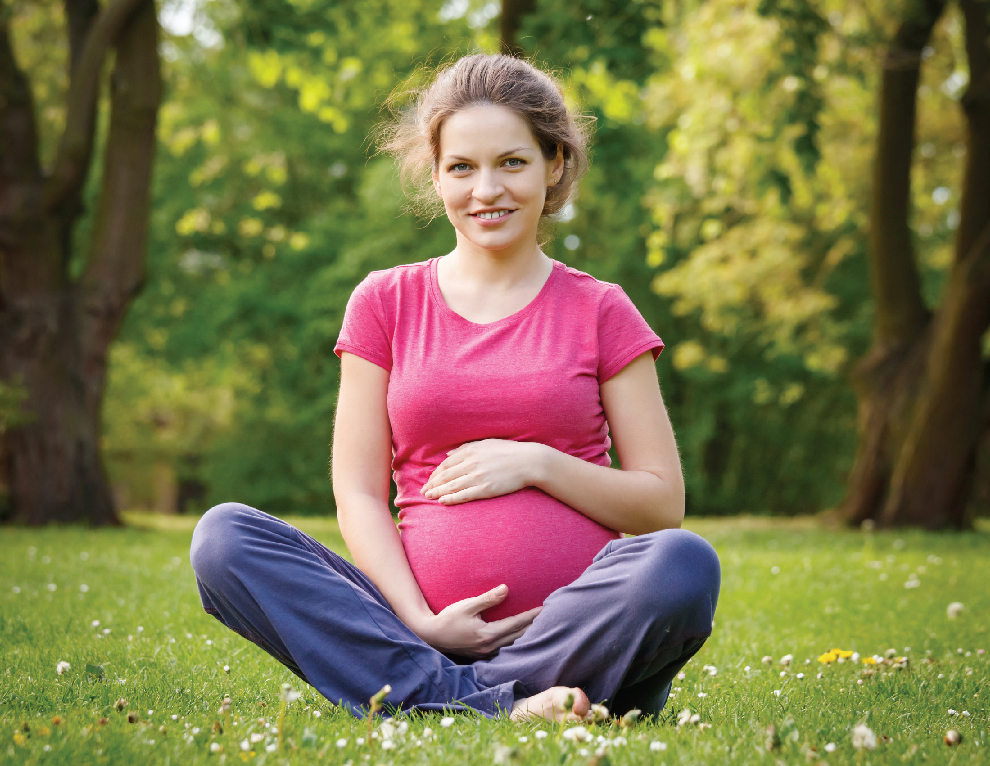 Cystitis happens when bacteria grow in the bladder. Normally, urine contains no bacteria. However, sometimes bacteria from around the rectum and genitals can spread to the urethra €“ for example, because of ineffective or poor hygiene, sexual intercourse, wiping after going to the toilet or inserting a tampon. The bacteria enter the urethra, travel up to the bladder and, once there, multiply and cause inflammation.
Cystitis happens when bacteria grow in the bladder. Normally, urine contains no bacteria. However, sometimes bacteria from around the rectum and genitals can spread to the urethra €“ for example, because of ineffective or poor hygiene, sexual intercourse, wiping after going to the toilet or inserting a tampon. The bacteria enter the urethra, travel up to the bladder and, once there, multiply and cause inflammation.
Cystitis can be triggered by a number of other factors, too. These are normally split into five groups:
- Dehydration €“ not maintaining a sufficient intake of water allows the bladder and urethra to become relatively dry, thus allowing crystals of uric acid to form and irritate the delicate tissue in this area
- Irritation €“ this can be triggered by an allergy to a particular food or drink and can also occur if a woman 'holds on' instead of emptying her bladder when she feels the need to do so
- Toiletries, etc €“ certain soaps, talcum powders, deodorants, antiseptics, bubble baths, shower gels, contraceptive gels and even condoms can cause cystitis if they come into contact with the urethral opening in sensitive women
- Clothing €“ tight trousers, leotards, tights, body stockings and swimsuits (especially if full of salt, sand or chlorine) can all be a source of irritation. The hard seams of jeans can also bruise the urethral opening
- Lifestyle €“ too much sexual intercourse, alcohol, spicy foods, strong coffee and tea, as well as excessive sweating, can all lead to cystitis.
Cystitis is also more common in women who are:
- Pregnant €“ due to hormonal changes and the extra pressure that pregnancy puts on the pelvic area and the bladder
- Post-menopausal €“ because the linings of the urethra and the bladder become thinner (due to a lack of oestrogen), they are more likely to become infected or damaged. Women also produce fewer vaginal secretions after the menopause, which means that bacteria are more likely to multiply.

Cystitis is more common in women who are pregnant
